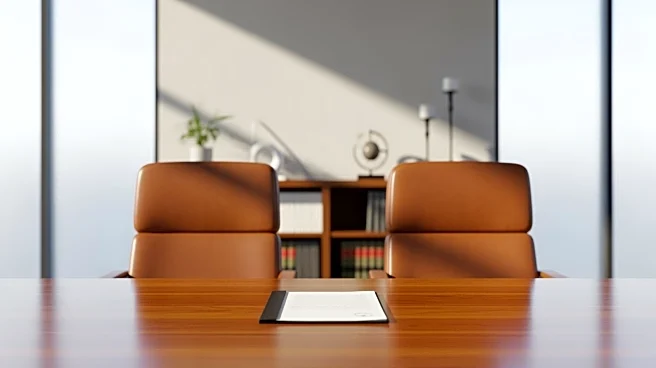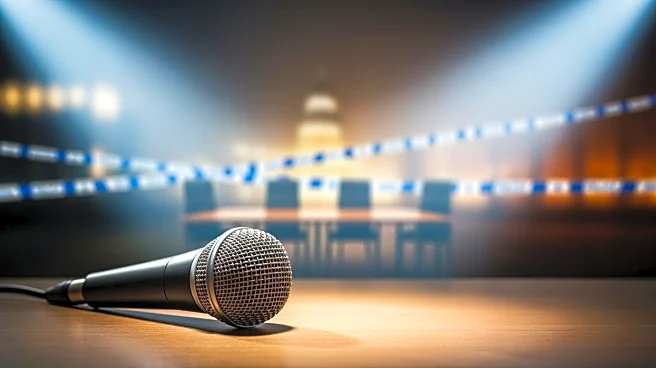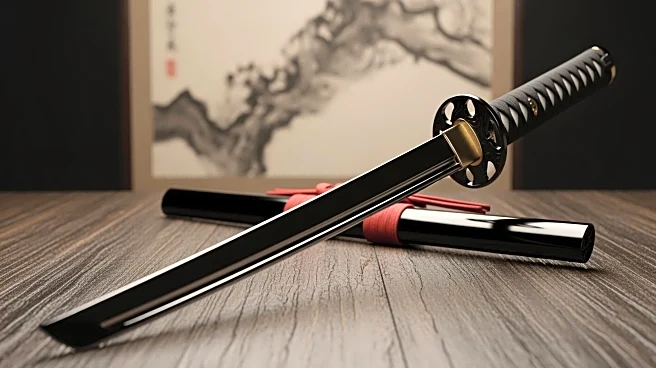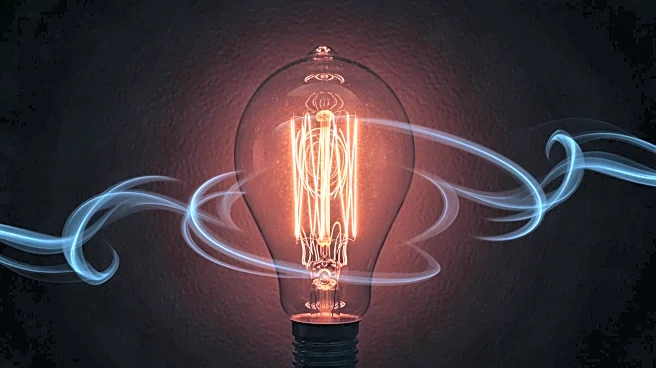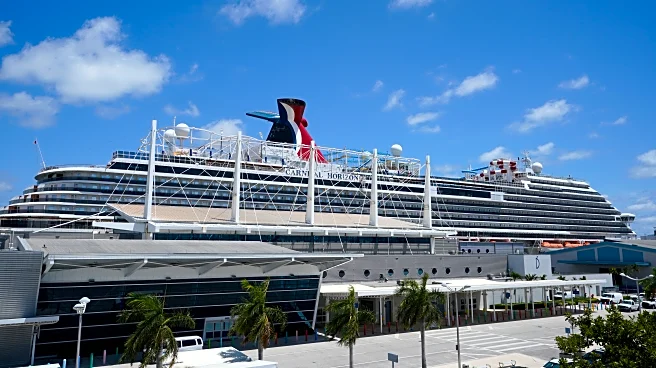Rapid Read • 8 min read
President Trump has escalated his conflict with The Wall Street Journal by banning one of its reporters from Air Force One for an upcoming trip to Scotland. This action follows a $10 billion defamation lawsuit filed by Trump against the Journal and Rupert Murdoch, its owner, over a story involving a letter linked to Trump in a 2003 album for Jeffrey Epstein's birthday. The White House cited the Journal's 'fake and defamatory conduct' as the reason for the ban. The Journal has not commented on the removal of its reporter, Tarini Parti, from the press pool.
AD
This development highlights President Trump's aggressive stance towards media outlets that publish unfavorable stories about him. The lawsuit and subsequent ban reflect a broader pattern of attempts to intimidate news organizations, potentially chilling media freedom. Trump's actions could have significant implications for press freedom and the relationship between the presidency and the media. The Wall Street Journal, known for its conservative editorial stance, has been critical of Trump, which may affect its future coverage and influence within conservative circles.
The Wall Street Journal has vowed to fight the defamation lawsuit, which could lead to a prolonged legal battle. The outcome may set precedents for how sitting presidents can engage with media outlets legally. Other news organizations may react by either supporting the Journal or reassessing their coverage strategies to avoid similar conflicts. The broader media landscape may see shifts in how news outlets approach stories involving high-profile figures like President Trump.
The lawsuit and media ban raise questions about the balance between free speech and defamation claims, especially when involving a sitting president. Legal experts have noted the unusual nature of a president suing for defamation, which could challenge existing norms around presidential conduct and media relations. The case may also influence public perceptions of media bias and the role of journalism in holding powerful figures accountable.
AD
More Stories You Might Enjoy
